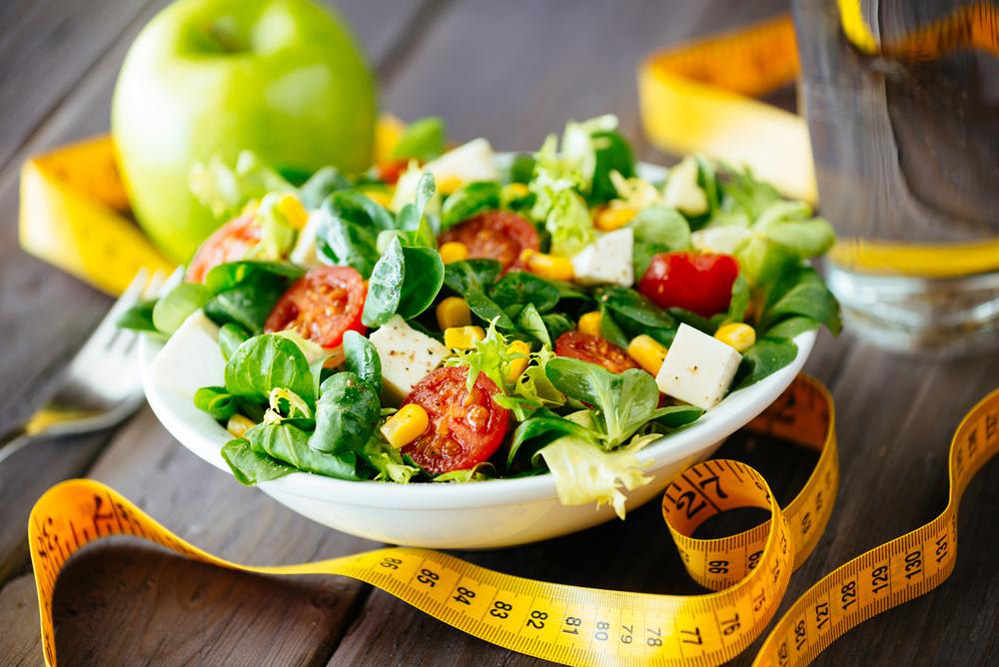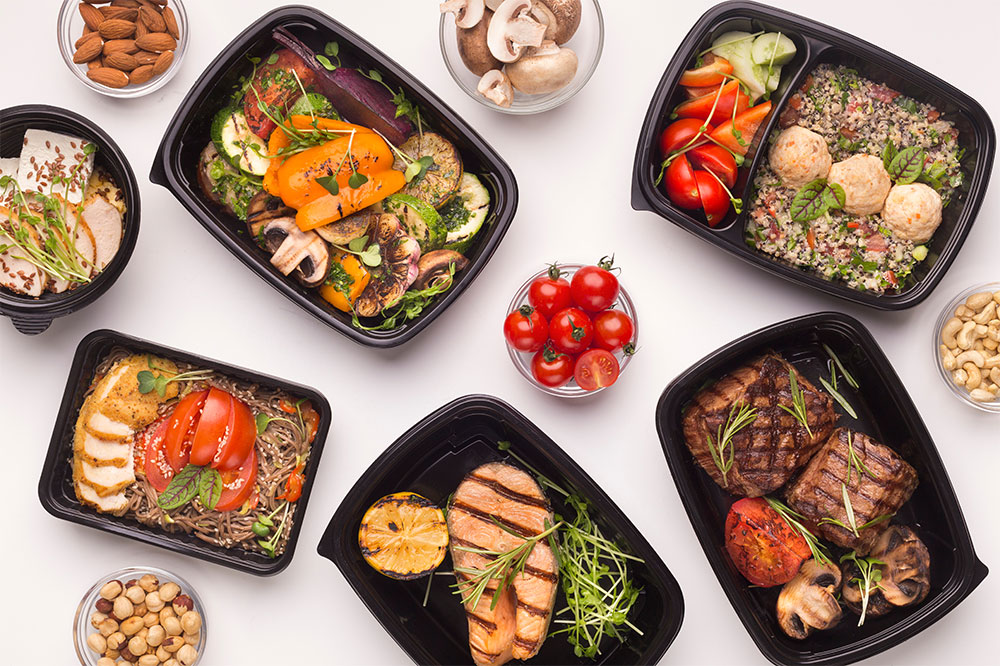Meal Delivery Services vs. Traditional Grocery Shopping: What You Need to Know
Explore the differences between meal kit delivery services and traditional grocery shopping. This article highlights key factors like cost, health benefits, and convenience, helping you make informed meal choices. Discover top providers offering nutritious, customizable options that simplify cooking and promote healthier eating habits. Learn how pre-portioned ingredients and easy recipes can save time and reduce waste, making your mealtime routine more efficient and enjoyable.

Preparing meals often involves planning, grocery shopping, and cooking, which can be time-consuming. Although ready-to-eat store-bought meals are available, they typically contain preservatives and additives that may affect long-term health. To support healthier eating habits, meal kit delivery services provide fresh ingredients and simple recipes delivered directly to your door. When choosing between meal kits and conventional grocery shopping, focus on three key factors: affordability, health benefits, and convenience.
Meal kit companies supply pre-portioned ingredients with easy-to-follow instructions, many catering to dietary restrictions like keto, paleo, gluten-free, or low-carb. Customers select their preferred plans, quantities, and delivery dates, making meal preparation more straightforward.
Evaluating meal kits versus grocery shopping involves considering costs, nutritional value, and ease of cooking — crucial elements for any household.
Key aspects to compare include:
Portion Size – Meal kits deliver accurately measured ingredients and meals, reducing waste and helping with budget management. Many allow choosing the number of weekly meals, and some even offer ready-made options to save time.
Health Focus – For those prioritizing health, meal delivery services often include options like gluten-free, low-carb, or plant-based meals, sometimes developed with nutrition experts. Grocery shopping can make it more difficult to identify wholesome ingredients without extensive knowledge.
Ease of Use – After a busy day, cooking from scratch can be overwhelming. Meal kits simplify meal prep, encouraging new recipes and homemade dishes without stress. Step-by-step guidance makes them accessible even for beginners.
Choosing a meal delivery service can make mealtime easier and promote healthier eating. Popular providers include:
Sun Basket – Offering diet-specific kits like gluten-free, paleo, pescatarian, and diabetic-friendly options, Sun Basket ships nationwide (excluding some areas). Prices typically range from $52 to over $100, depending on the plan.
Martha and Marley Spoon – Sourcing sustainable ingredients, it offers 20 diverse recipes weekly, with prices around $7 to $10.25 per serving, based on plan size.
Blue Apron – Providing ingredients for at least two meals weekly for up to four people, customizable to dietary needs, starting around $47.95 per week with nationwide delivery.
Freshly – Specializing in ready-to-eat, nutritious single-serving meals crafted by dietitians, with plans ranging from four to twelve meals weekly, starting at $50 per week.
Note: This overview aims to offer helpful guidance on meal options. While information is carefully compiled, readers should consider exploring options personally for the best fit, as offers and details may vary over time.


